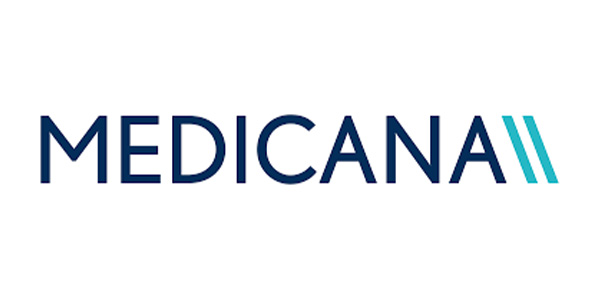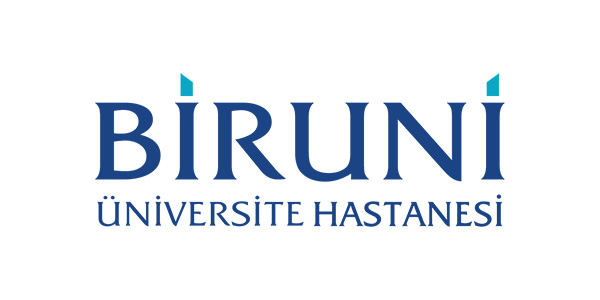Pediatric Cardiology
Pediatric cardiology is the branch of science that deals with the diagnosis and treatment of congenital and acquired cardiovascular problems before birth, childhood and adulthood period. Children’s heart diseases may be congenital or acquired later. The pediatric cardiology department deals also with adults with congenital heart conditions
Pediatric Cardiology determine the treatments and interventions ;
- Congenital cardiovascular diseases
- Acquired cardiovascular diseases
- Cardiac failure in infants and children
- Children and adults with heart differences were born with
- Fetal echocardiography
- Symptoms such as chest pain, palpitations, heart murmurs , fainting in children, and adolescents.
- Rhythm and conduction disorders ( ECG ,Effort Test, 24-hour rhythm Holter record , electrophysiological diagnoses)
Which diseases does pediatric cardiology treat?
Congenital diseases: Congenital heart defects are the most common among children. As the heart development of the babies completes in the mother's womb within the first 3 months, some diseases are diagnosed after this period. Thanks to the latest developing technologies, the treatment of the disease can be started immediately after birth. The birthrate of babies with congenital heart disease is eight per thousand. According to this rate, ten thousand to fifteen thousand babies are born with heart disease every year in Turkey. If the mother or father has congenital heart disease, this rate reaches sixteen percent. Diseases can be detected with advanced imaging devices between the sixteenth and twentieth weeks of pregnancy.
Babies with heart diseases can also be diagnosed in the womb, but in some cases, it is not possible to treat the disease while the baby is in the womb. At the same time, the disease can occur up to one year of age. Symptoms of congenital heart defects are shortness of breath, underdevelopment muscles and limbs, chest pain, fainting, growth failure , tendency to pneumonia, heart murmur and feeling dizzy. Families who see these symptoms in their children should consult a pediatric cardiologist as soon as possible. With early diagnosis it is possible to get progress with the treatment and to prevent life-critical conditions. The exact causes of some congenital heart conditions are unknown. However, environmental factors, using illegal drugs and alcohol during pregnancy, genetic predisposition, radiation exposure during pregnancy, consanguineous marriage, viral infections, malnutrition and lifestyle of the mother during pregnancy may cause congenital heart defects.
A ventricular septal defect (VSD), a hole in the heart, is a common congenital heart defect. The holes in the walls between the heart chambers are called "heart holes". Congenital heart diseases include anomalies (deviation) in the veins coming out of the heart and coming to the heart, anomalies in the coronary vessels, maldevelopments of ventricles or atria, and anomalies that cause stenosis or insufficiency in the heart valves.
Rheumatic Diseases
Rheumatic diseases, which are most common in children between the ages of 5 and 15, are also known as cardiac rheumatism. This disease, which can show it’s indication approximately 2-3 weeks after a throat infection, is also called acute rheumatic fever. It shows indications of swelling, fever and redness in joints such as knees, feet and hands. Acute rheumatic fever has severe effects on the heart. Acute rheumatic fever causes stenosis or insufficiency due to malformation of the heart valves. These diseases can be treated in an early stage with penicillin, cortisone and antibiotics. But in some cases, the disease can be permanent. For this reason, children who have a throat infection should be under the doctor's control and the presence of the bacteria that cause this disease should be checked with the necessary tests.
Rhythm and Conduction Disorders
A heart that works slower, faster or irregularly with pauses than it should be is called arrhythmia. Rhythm and conduction disorders can also occur for different reasons in children after cardiovascular surgery. Anemia, use of an illegal drug, hyperthyroid or hypothyroidism, consumption of caffeinated foods and beverages, low blood sugar, infections that can affect the heart, or genetic arrhythmia can also cause rhythm and conduction disorders in children.
As Bilva Health, we are at your service with our experienced Pediatric Cardiology team and the doctors we are working with. We carry out the diagnosis and treatment process to be applied to our patients with our specialists and surgeons.
Why Bilva Health?
We are aware that people who have health problems want to solve their problems in the easiest, fastest and most accurate way. We are working hard to get you to the right treatment. From the moment you leave your home, we will be with you in every process. We are interested in all the necessary details on behalf of you, such as plane tickets, visas, welcoming, accommodation and transportation. All you have left is to be treated by trusting us and the physicians.
We are proud and happy that you have chosen for us, together with our team, who will get you to specialists in the easiest and most reliable way.




